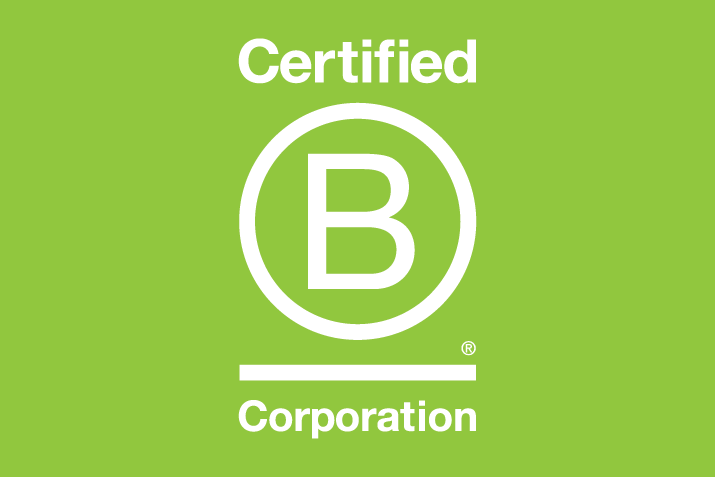Studio MEJA rebrands to Signal Works & Announces B-Corp Certification

Signal Works is the First Rhode Island Architect Firm to Receive B-Corp Designation, Validating it a Company using Business as a Force for Good
Studio MEJA, inspired to propel from a scrappy and innovative Providence-based architecture firm to a New England team-managed, values-based, mission-driven firm, is rebranding to Signal Works. At the same time, the firm was recently honored as a Certified B Corporation, which measures a company’s social and environmental performance. Signal Works is the only architecture firm to receive the B Corp designation in Rhode Island.
Signal Works, joins the rapidly growing movement of more than 3,637 Certified B Corporations from 150 industries, across 74 countries with about 27 Architecture/Design/Planning firms in the U.S. and four in New England. Certified B Corporations are businesses that meet the highest standards of verified social and environmental performance, public transparency, and legal accountability to balance profit and purpose.
“Becoming a certified B Corporation is important to Signal Works as it aligns with our rebranding vision to create vibrant communities that are people-focused, place-based, and purpose-driven,” says Eric Army, founder and CEO of Signal Works. “To our team, buildings are more than structures. They are signals that broadcast a mission. Together, we can create a work that embodies our client’s values. Signal Works turns broken buildings into purposeful places. The B Corporation certification will help differentiate us as a company that uses business as a force for good.”
According to Army, the B Corporation certification will help Signal Works communicate to mission-aligned clients that we “walk the talk.” This certification is granted only to companies that have met their rigorous standards for social and environmental responsibility, including a 200-question assessment that judges performance across five impact areas: governance, the environment, workers, customers, and community.
Army continues, “It will also help us communicate to mission-aspirational clients that we are a resource for creating measurable impact for social and environmental causes. The certification process has helped us to codify our Business Impact Model, and treat social and environmental impact like any other business initiative where we track, measure, and benchmark. This gives us an ‘off the shelf’ method for applying business metrics to our social impact that we plan to achieve for other non-B corporation goals.”
Since 2011, the firm has turned broken buildings into purposeful places, but today it is more intentional. Past projects include renovation projects in downtown Providence, including their home office. When the firm outgrew its old offices and needed a bigger space, Army knew it needed to take their own advice. The firm took on their own historic rehabilitation, deploying innovative design strategies engaging retail clients to make a real impact on the community. Signal Works lives at The Atlantic Works, a co-working space developed by Army and situated inside the historic gasometer to the Atlantic Mills in Olneyville.
Today, Signal Works works to elevate education in charter schools, meaningful workplaces with mission-based companies, and purposeful redevelopment with projects that integrate social enterprises and urban reuse at the same time.
“We consistently incorporate social and environmental impact into decision making because we consider it important to the success and profitability of our business,” says Army.
Army hopes to grow his multi-disciplinary venture, not just by moving the needle in architecture, but by looking at development in long-term operations so Signal Works can have impact on what the team values.
- Meet Dan: A catalyst for results and a lover of metrics.
- The Outdoor Challenge: creating outdoor spaces people love and use.
- How your building project can help your people thrive.
- Meet Bryan: An efficient project manager and architect focused on legacy.
- Meet Joanna: A passionate renovations whiz and design strategist.